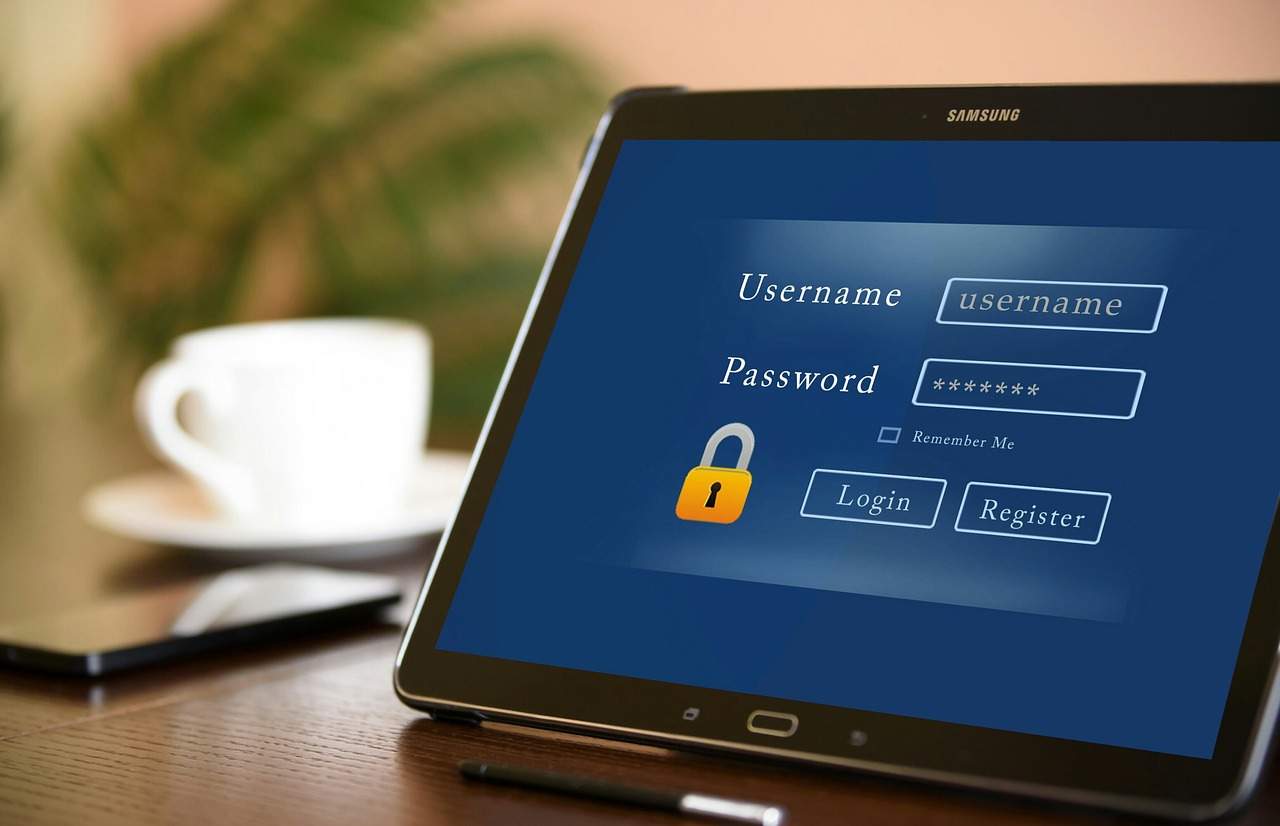In an increasingly interconnected world, safeguarding your online data and privacy has become more critical than ever. As technology continues to evolve, so do the threats posed by cybercriminals, hackers, and data breaches. In 2023, individuals and businesses alike must be proactive in protecting their sensitive information and ensuring their online activities remain secure.
In this article, we’ll explore five essential ways to secure your online data and privacy, covering topics like password management, encryption, and secure browsing habits. By implementing these strategies, you can enjoy the benefits of the digital age with greater peace of mind, knowing that your personal information and online activities are well protected.
1. Use Strong, Unique Passwords and a Password Manager
One of the most fundamental steps to secure your online data is to use strong, unique passwords for each of your online accounts. A strong password should be at least 12 characters long and include a mix of uppercase and lowercase letters, numbers, and special symbols. Avoid using easily guessable information like your name, birthdate, or common words.
To help you manage multiple complex passwords, consider using a password manager like LastPass, Dashlane, or 1Password. These tools securely store your login credentials, generate strong passwords for new accounts, and autofill your information when needed, making it easier to maintain secure password habits.

2. Enable Two-Factor Authentication (2FA)
Two-factor authentication (2FA) adds an extra layer of security to your online accounts by requiring a secondary verification method, such as a text message, phone call, or mobile app notification, in addition to your password. By enabling 2FA, you can prevent unauthorized access even if your password is compromised.
Many popular online services, including Google, Facebook, and Twitter, offer 2FA options. Whenever possible, enable this feature to further protect your online data and privacy.
3. Use Encrypted Communication Tools
Encryption is a powerful tool for protecting your online communications from eavesdropping and interception. When sending sensitive information, such as financial data or personal messages, use encrypted communication tools to ensure that your data remains private.
For emails, consider using services like ProtonMail or Tutanota, which offer end-to-end encryption. For messaging, opt for secure apps like Signal, WhatsApp, or Wire, which encrypt your conversations by default.
4. Be Cautious on Public Wi-Fi Networks
Public Wi-Fi networks, like those found in coffee shops, airports, and hotels, can be convenient but also pose significant security risks. Cybercriminals can easily intercept your data on unsecured public networks or even create fake networks to lure unsuspecting users.
To protect your online data and privacy, avoid accessing sensitive information or conducting financial transactions on public Wi-Fi. If you must use a public network, use a Virtual Private Network (VPN) like ExpressVPN, NordVPN, or CyberGhost to encrypt your connection and shield your online activities from prying eyes.
5. Regularly Update Your Software and Devices
Software updates often include critical security patches that address newly discovered vulnerabilities. By keeping your operating system, applications, and devices up to date, you can protect yourself from potential threats and enjoy a more secure online experience.
Enable automatic updates whenever possible, and make a habit of checking for updates on a regular basis. Don’t forget to update your mobile devices, routers, and other internet-connected gadgets as well.
Conclusion
Securing your online data and privacy in 2023 requires a proactive approach and a commitment to adopting best practices. By implementing the strategies outlined in this article, you can significantly reduce your risk of falling victim to cyber threats and enjoy a safer, more private digital experience. Remember that cybersecurity is an ongoing process, and staying informed about the latest threats and protective measures is essential for maintaining a robust defense.
In addition to the five core strategies discussed in this article, consider further enhancing your online security by regularly backing up your data, being cautious about the information you share on social media, and educating yourself about phishing scams and other common cyberattacks. It’s also crucial to cultivate a security-minded culture among your family, friends, and colleagues, as everyone plays a role in maintaining a secure digital environment.
By taking a proactive approach to online security and privacy, you can minimize your exposure to risks and enjoy the many benefits the digital world has to offer with greater peace of mind. With a combination of vigilance, awareness, and the right tools, you can successfully navigate the challenges of the digital age while keeping your data and privacy well-protected.